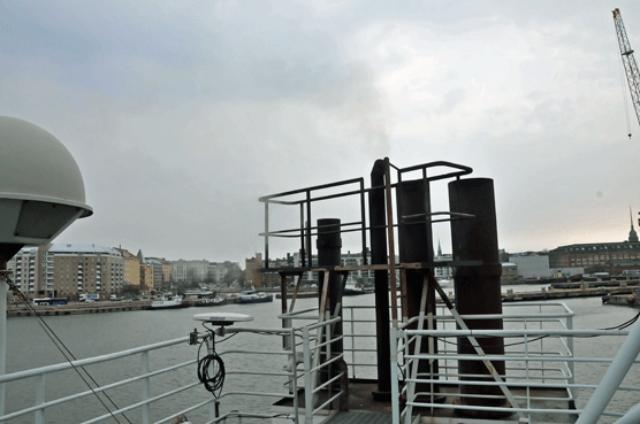 Finnish Environment Institute (SYKE) announced that it was to begin employing bio-oil for the purposes of powering its Aranda marine research vessel. The bio-oil will be made by using food industry by-products.
Finnish Environment Institute (SYKE) announced that it was to begin employing bio-oil for the purposes of powering its Aranda marine research vessel. The bio-oil will be made by using food industry by-products.
SYKE is trying to put all of its focus towards reducing the carbon load of the ship via using domestic bio-oil for fuel, that is produced from fish guts and various used vegetable oils.
Not long ago this year, the Aranda started using bio-oil for heating purposes.
“In order to undergo the next phase of our trial procedure, we are going to begin burning an intricate mix composed of bio-oil and mineral-based marine diesel in the main engines of the vessel during the course of some upcoming voyages. By doing this we hope that we will be able to determine the most optimal ratio regarding an economical and efficient engine operation with the highest possible proportion of bio-oil,” commented Juha Flinkman, HRD Manager.
“This ship uses waste-based oil that is produced in a VG-shipping-operated manufacturing plant located in Uusikaupunki. When regarding the carbon load of a ship, there is a well-known correlation between it and the proportion of bio-oil in the fuel – the higher the proportion of the later the lower the level of the former.”
The Aranda vessel also received a sizeable grant last year in regard to an overhaul of the whole vessel, and for the purposes of ensuring that she will be able to remain fully operational until the definite end of her life cycle, which is set for the 2030s.
Expectations are that this current upgrade of the vessel’s fuel management as well as upgrades scheduled to be performed during the time period of 2015-2018, are going to place the Aranda among the most eco-friendly vessels sailing along the Arctic and Baltic sea waters.
Source & Image: SYKE